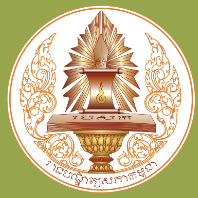The Royal Academy of Cambodia (RAC) is the national academy of sciences of Cambodia. It is an independent research institution that aims to promote the cultural, social, economic and scientific and technological development of Cambodia. The Royal Academy was established in 1998 under the patronage of King Norodom Sihamoni of Cambodia. Here is some basic information about the Royal Academy:
Overview
Established: 1998
Nature: National research institution
Mission: To promote the development of knowledge and social progress in Cambodia through scientific research, education and training, and international cooperation.
Funding: Funded by the Cambodian government, while accepting donations and support from both home and abroad.
Organizational Structure
The Royal Academy is led by a board of directors, whose members include experts and scholars from different disciplines.
The president is usually a well-known scholar or scientist in Cambodia.
The institution has several institutes and research centers covering a variety of fields such as humanities, social sciences, and natural sciences.
Main responsibilities
Research: Conduct basic and applied research, especially in the fields of agriculture, medicine, environment, history, linguistics, etc.
Education and Training: Provide professional training for researchers, scholars and students, and hold seminars and lectures.
Publications: Edit and publish academic journals, books and research reports, and share research results.
Policy Advisory: Provide policy recommendations to the government and private sector based on scientific research and analysis.
Cultural Exchange: Promote academic exchanges at home and abroad, and establish partnerships with international institutions.
Subordinate Institutions
The Royal Academy of Sciences has several institutes and centers, each with its own research focus, such as:
Institute of International Relations
Institute of Economics
Institute of Law and Politics
Institute of Anthropology and Archaeology
Institute of Medicine
Institute of Agriculture
Institute of Information Technology
Institute of Linguistics and Literature
International Cooperation
The Royal Academy of Sciences actively seeks cooperation with international partners, including United Nations agencies, foreign universities, research institutions and foundations.
Through cooperative projects, joint research and academic exchanges, the Royal Academy of Sciences strives to enhance Cambodia's influence in the global knowledge community.
Achievements and Influence
The Royal Academy of Sciences plays an important role in Cambodia's knowledge construction and national development, and its research results are often used to formulate national policies and development plans.
Through education and training, the Royal Academy of Sciences has also trained a large number of high-quality researchers and professionals for Cambodia.
-
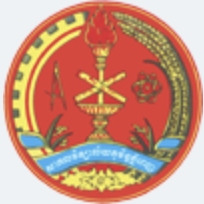
Royal University of Phnom Penh (RUPP)
-

CamEd Business School
-

Royal University of Agriculture
-
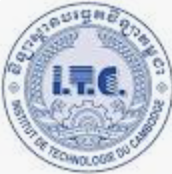
Institute of Technology of Cambodia (ITC)
-
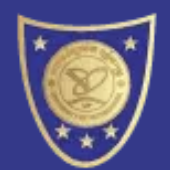
University of Puthisastra
-
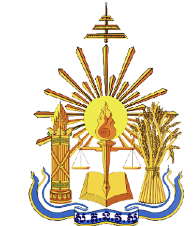
Royal University of Law and Economics
-
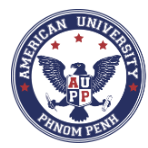
The American University of Phnom Penh (AUPP)
-
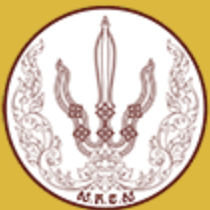
Royal University of Fine Arts (RUFA)
-
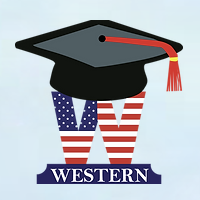
Western University
-
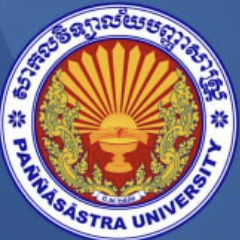
Paññasastra University of Cambodia
-

Mesoamerican University
-

Istmo University
-

Mariano Galvez University of Guatemala
-

Regional University of Guatemala
-

Galileo University
-

Francisco Marroquín University
-

Rafael Landívar University
-

University of the Valley of Guatemala
-

University of San Carlos of Guatemala
-

Technological Institute of Tlaxcala Plateau
-

Golfo University
-

Technological University of South Sonora
-

Technological University of Huejotzingo
-

Tizimín Institute of Technology
-

Chilpancingo Institute of Technology

